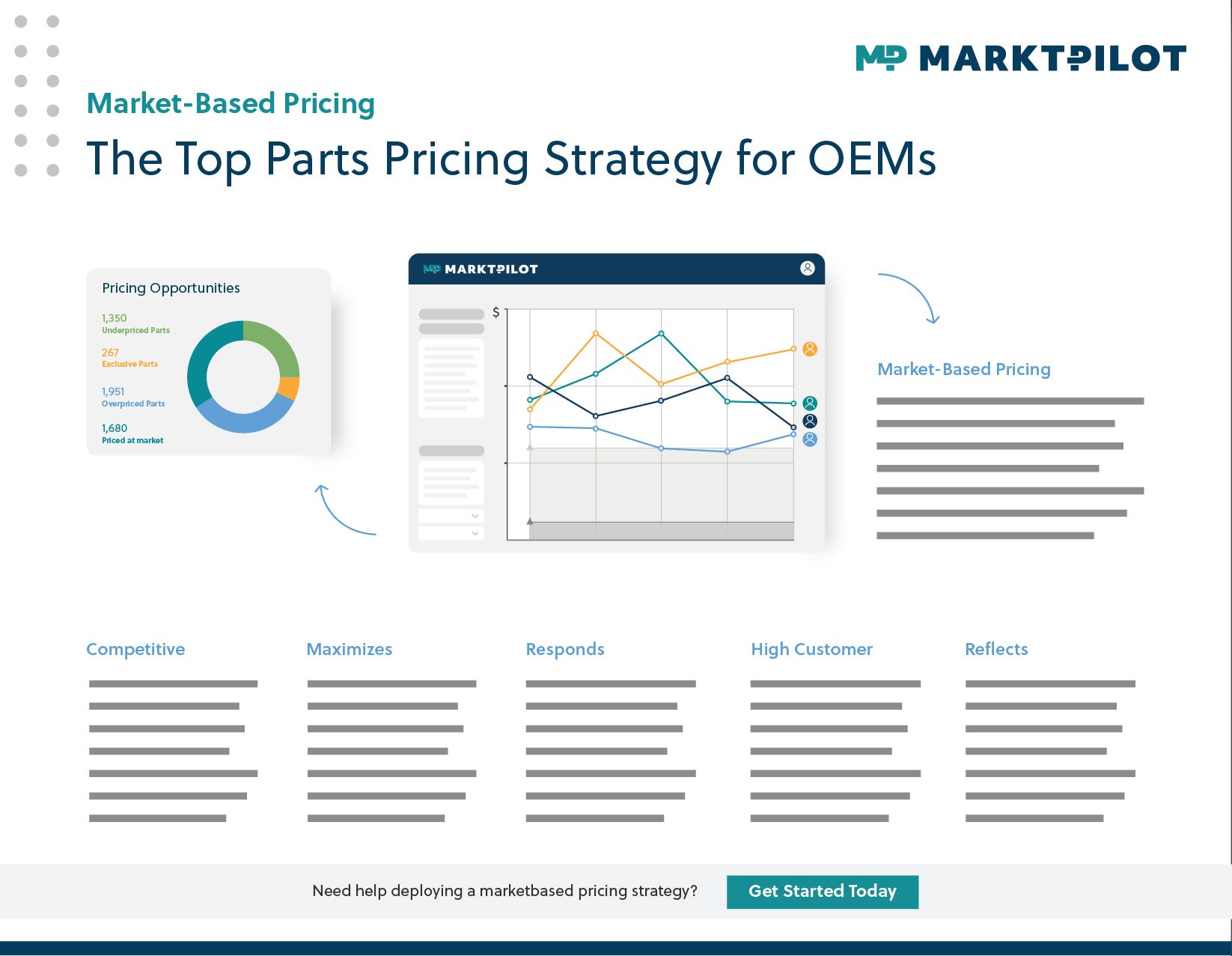BAUER Maschinen: Doubling Aftermarket Revenue from the Ground Up
BAUER Maschinen uses a pragmatic model to quantify its global service and parts potential, and steer sustained aftermarket growth.
Manufacturing data refers to the information collected throughout the production process, including data related to materials, equipment, labor, production timelines, and outputs.
It encompasses both the raw data generated during manufacturing (e.g., machine performance, cycle times) and the descriptive context that makes it actionable (e.g., asset IDs, timestamps).

These are the raw, quantitative data directly captured during the manufacturing process.
Examples:
Provides the necessary context for interpreting Manufacturing Facts, ensuring data can be understood and traced.
Examples:
In a CNC machining operation, Manufacturing Facts would include the temperature of the spindle motor and cycle time for each batch. Metadata would include the specific machine used (asset ID), the operator's name (who handled the machine), and the timestamp for each reading. This combined dataset can be used for identifying patterns of machine wear over time, optimizing maintenance schedules, or adjusting production runs for efficiency.
By implementing this structure effectively, manufacturing companies can drive more data-driven decisions, increase operational efficiency, and improve product quality and consistency over time.
AI-driven market research streamlines the analysis of large datasets, such as competitor pricing, customer trends, and material costs. By automating repetitive tasks, it not only saves time but also delivers greater accuracy than common manual methods. This approach is particularly relevant to machine manufacturers aiming for market-based pricing strategies.
In the machine manufacturing sector, the collection and analysis of manufacturing data are crucial for optimizing production efficiency and maintaining competitive advantage. The industry relies heavily on data to monitor and adjust production processes, ensure product quality, and manage supply chains. Machine manufacturers use manufacturing data to track the performance of machines and components, ensuring precision in the production of complex machinery parts.
By collecting and analyzing these types of manufacturing data, machine manufacturers can enhance productivity, reduce costs, improve product quality, and stay competitive in the market.
The Role of Pricing Software for Spare Parts Manufacturing Data
Pricing software in the spare parts manufacturing sector plays a crucial role in analyzing manufacturing data to optimize pricing strategies. By integrating manufacturing data such as production costs, inventory levels, and market trends, pricing software can generate competitive pricing models. It enables manufacturers to set prices based on real-time data, ensuring profitability while remaining competitive in the market. Moreover, it helps in identifying the right pricing adjustments based on changes in production costs, competitor pricing, and customer demand.

Overview of Parts Pricing Strategies
In this article, we review a few of the most common parts pricing strategies for OEMs.
For more information about how quality data can help creating higher price transparency, unlock greater revenue and increase margins in machine manufacturing, contact our experts and explore solutions for your business

Data cleansing is the process of making data accurate, while Data enrichment involves enhancing existing datasets with additional information.

Learn more about the role of market intelligence and AI in machine manufacturing, specifically in the parts business.

Integrating AI solutions allows machine manufacturers to optimize production processes, making them more efficient.

Take a deep dive into what is the top pricing strategy for OEMs and discover how it can greatly increase your revenue.
MARKT-PILOT is a leading provider of software for market-based spare parts pricing in machine manufacturing. The solutions enable OEMs to conduct precise market price research, automated price recommendations and optimized strategies. Customers benefit from increased sales, margins and customer satisfaction in their parts business.

BAUER Maschinen uses a pragmatic model to quantify its global service and parts potential, and steer sustained aftermarket growth.
Understand how OEMs can protect margins and handle tariff impacts with data-driven pricing strategies, focusing on critical parts and market trends.
Cross-selling and up-selling initiatives are among the most effective levers in the spare parts business. Find out why!